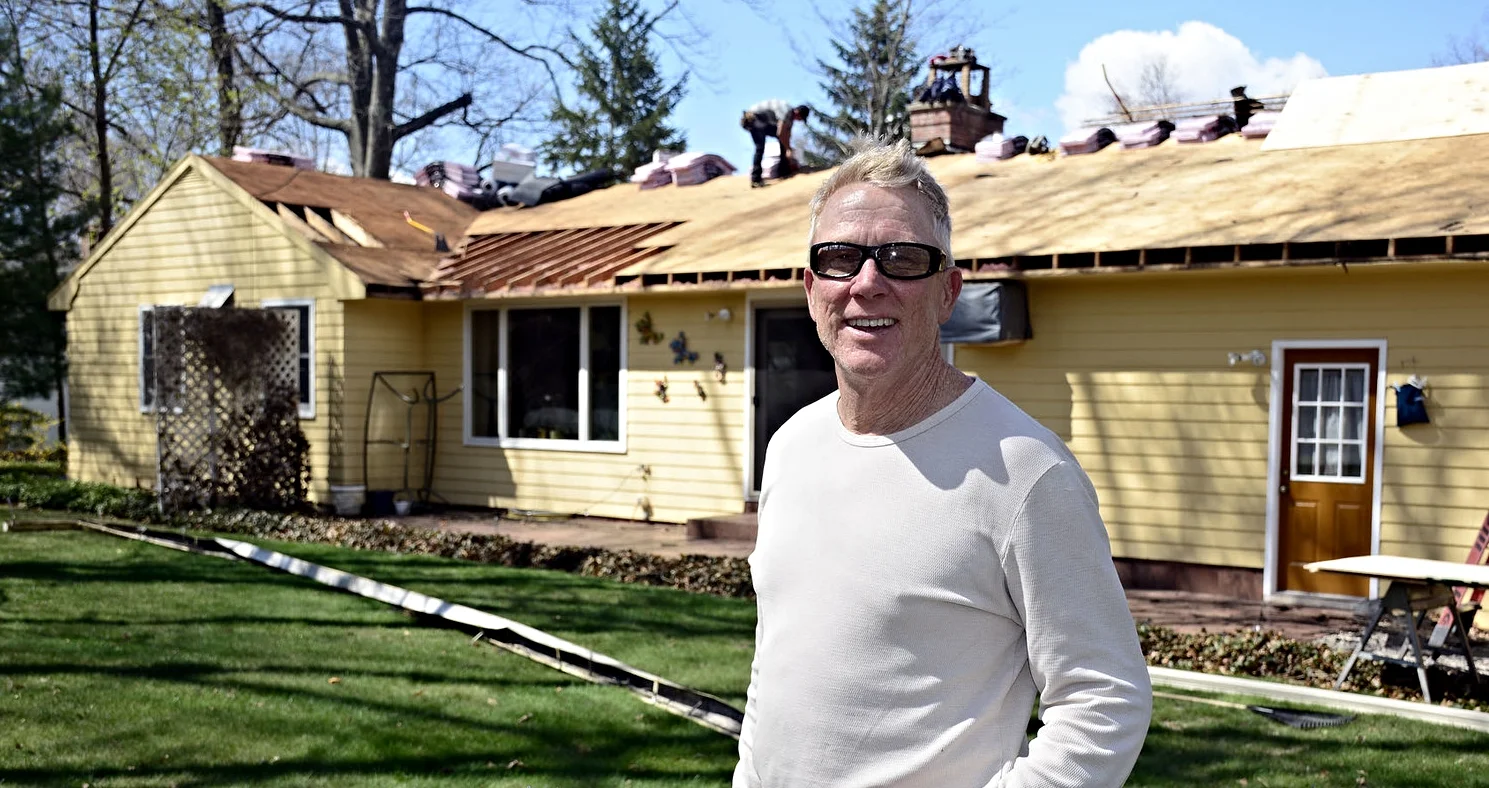Spring Rain Means Basement Leaks
Chelsea O'Donnell
Winter and spring are the two most common times for house leaks. During the colder months, it’s generally the roof that’s a worry, but as spring starts to edge closer, the basement takes centerstage.
As the temperature warms, residual snow melts, the rain becomes more frequent, and the ground gets saturated with water. This water can find its way into your basement through non-structural cracks in poured concrete walls or deteriorated joints in masonry walls. Poorly fitted or old basement windows can also let water in, as well as utility openings.
The best line of defense against a wet basement is to make sure that the water is directed away from the foundation. Inspect your gutters and downspouts to see if they are flushing out the way they should be and also check to see that the ground right around the house is higher than the rest of the yard. Having the yard grade at its highest around the perimeter of the foundation will ensure water drains away from the house instead of into it.
If you think your home is susceptible to leaks, you can also use a waterproofing membrane or coating to seal the foundation or basement area. However, if you have regular leaking problems, you may need to have a drainage or sump pump system installed by a professional.
Even if you don’t have a leak problem, the basement can get pretty damp in the springtime which creates the perfect environment for nasty mold and mildew. To get rid of the excess water, I always like to run a dehumidifier in the basement as the weather warms up.
A dehumidifier works by pulling the moisture out of the air and storing the excess water in a holding tank. Many people keep dehumidifiers in their basement all year long to control the dampness that can often be felt in underground areas, but I find it especially useful this time of year.
You can find out if your basement is holding a lot of moisture by purchasing a simple five-dollar humidity gauge from the local hardware store. Ideally, you want the humidity to be under 50%. If it’s higher, a dehumidifier might be a good solution. Generally, a unit will come in 25, 30 and 40-pint models, and on average a 25-pint unit will be sufficient to control the moisture in a 1,000 square foot area.
One last word of advice - if you have a dehumidifier or plan on getting one, please be sure to empty it regularly and keep the filter clean. A simple wipe down with a damp cloth and spray bottle will do the trick to keep you breathing freely and ensure a longer life for the appliance.
Bob O’Donnell is the owner of O’Donnell Bros. Inc., a Bristol-based home improvement company established in 1975. Email your questions for Bob to info@odonnellbros.com with the subject line “Ask the Pro.” All questions may be considered for publication. To contact Bob for your remodeling needs, call O’Donnell Bros. Inc. at (860) 589-5155 or visit www.odonnellbros.com. Advice is for guidance only.
